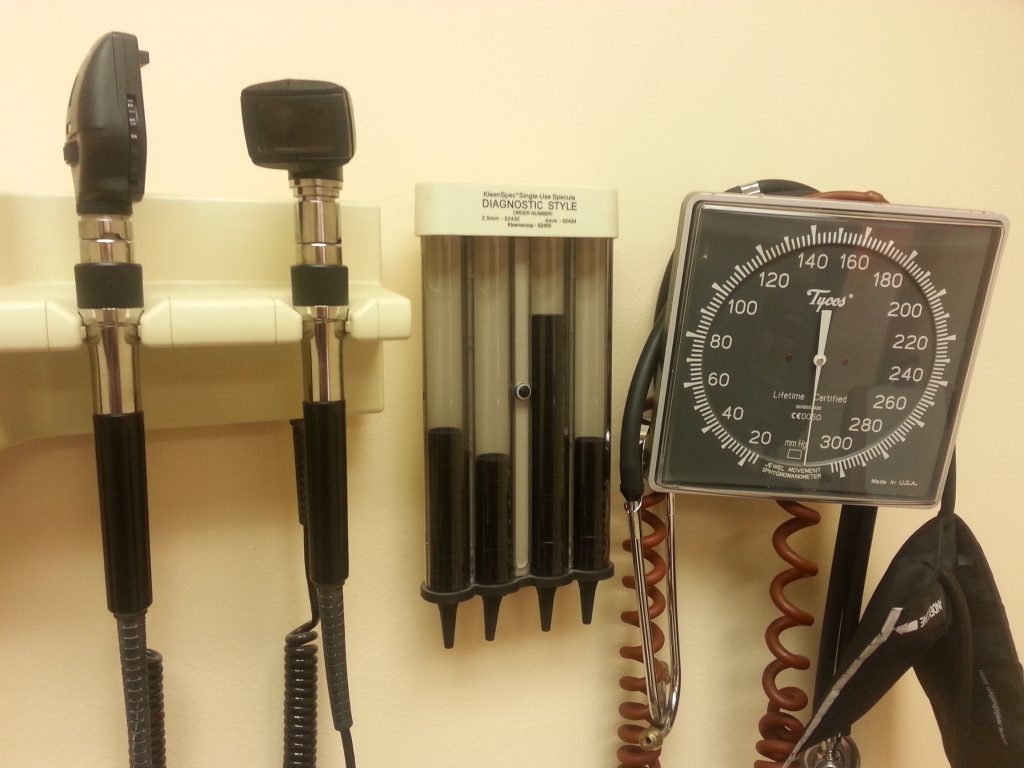 In the realm of medical malpractice, the intricacies of the legal process can often appear daunting, especially when juxtaposed against the heart-wrenching backdrop of a stillborn baby’s tragedy. K Arceneaux found herself entangled in this very confluence of circumstances, seeking justice for her devastating loss while grappling with legal procedure demands. As the mother’s quest for accountability unfolds, a crucial question emerges: Can a plaintiff prevail in a medical malpractice case without the indispensable backing of expert testimony?
In the realm of medical malpractice, the intricacies of the legal process can often appear daunting, especially when juxtaposed against the heart-wrenching backdrop of a stillborn baby’s tragedy. K Arceneaux found herself entangled in this very confluence of circumstances, seeking justice for her devastating loss while grappling with legal procedure demands. As the mother’s quest for accountability unfolds, a crucial question emerges: Can a plaintiff prevail in a medical malpractice case without the indispensable backing of expert testimony?
K Arceneaux’s baby died in utero while she was hospitalized. The baby had hydrocephalus, or excess fluid in the brain. Arceneaux claimed the child’s death partly resulted from a failure to monitor its heart rate. She also claimed that the Lafayette General Medical Center (“LGMC”) nursing staff forced her out of bed after delivery. She claimed she fell on the floor, injuring her neck.
Arceneaux filed a medical malpractice claim against LGMC and Dr. Bobby Nevils. The medical review panel determined there was no breach of the required standard of care. She then filed a lawsuit against LGMC.
LGMC filed a summary judgment motion. In support, LGMC attached the report from the medical review panel that found no breach in the standard of care owed to Arceneaux. Arceneaux countered this motion with an affidavit from herself and her mother. Before ruling on LGMC’s summary judgment motion, the trial court told Arceneaux she needed to provide expert testimony. The court gave her ninety days to do so.
LGMC applied for supervisory writs with the appellate court, arguing that the trial court could not provide Arceneaux a continuance to obtain the required medical expert testimony. The appellate court agreed and remanded the case. Arceneaux then filed a motion for an extension of time to get expert testimony. The trial court denied her motion and granted LGMC’s summary judgment, dismissing Arceneaux’s claims. Arceneaux appealed.
On appeal, Arceanux argued the trial court erred in finding there were no genuine issues of material fact given her and her mother’s affidavits. She also argued the trial court erred in denying her motion for an extension of time to obtain expert testimony.
To prevail in a medical malpractice claim, the plaintiff must establish the applicable standard of care and show the defendant breached that standard of care, resulting in the injury. See La. R.S. 9:2794(A). Given the complexity of Arceneaux’s pregnancy and delivery and the complex issues associated with anesthesia, this was not the type of case where mere lay testimony would suffice to establish the doctor’s negligence. See Pfiffner v. Correa. Therefore, the appellate court agreed with the trial court’s finding the affidavits were insufficient to support her claims. Additionally, the appellate court agreed with the trial court’s denial of Arceneaux’s motion to extend the time she had to obtain an expert report because the ruling was consistent with the appellate court’s prior review of whether the trial court was allowed to extend the time provided to Arceneaux to introduce expert testimony.
Kayla Arceneaux’s pursuit of justice is a stark reminder that the path to redress medical malpractice cases is riddled with complex legal requisites. In the wake of an unfathomable tragedy, the arduous journey entails emotional fortitude and precise adherence to evidentiary standards. Arceneaux’s experience underscores the indomitable significance of expert testimony as the bedrock upon which medical malpractice claims are built. While the quest for accountability can be daunting, a seasoned legal guide can illuminate the way, ensuring that the pursuit of justice remains steadfast and unyielding.
Additional Sources: Kayla Arceneaux v. Lafayette General Medical Center
Article Written By Berniard Law Firm
Additional Berniard Law Firm Article on Medical Malpractice : How the Law Approaches Medical Malpractice in Pregnancies
Patient’s Early Post-Operative Dismissal Causes Medical Expert Dilemma
 Louisiana Personal Injury Lawyer Blog
Louisiana Personal Injury Lawyer Blog

